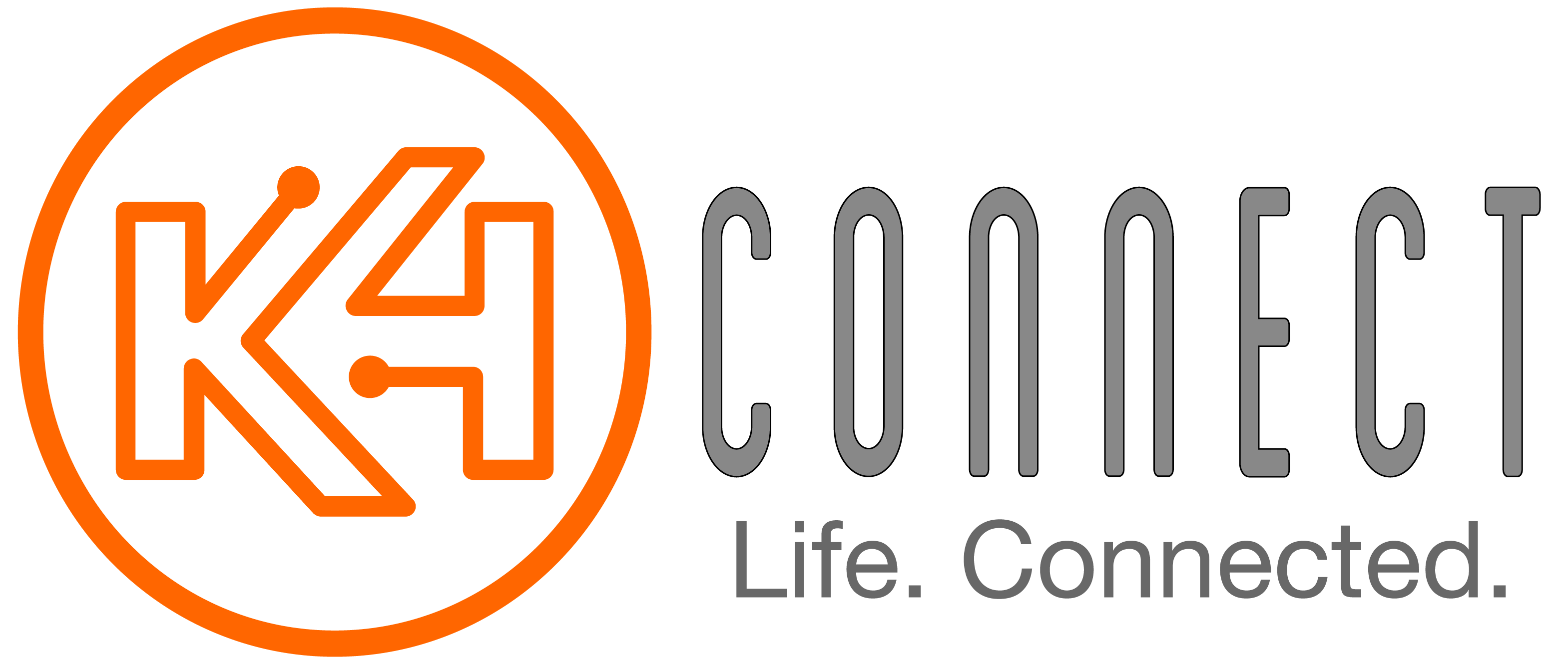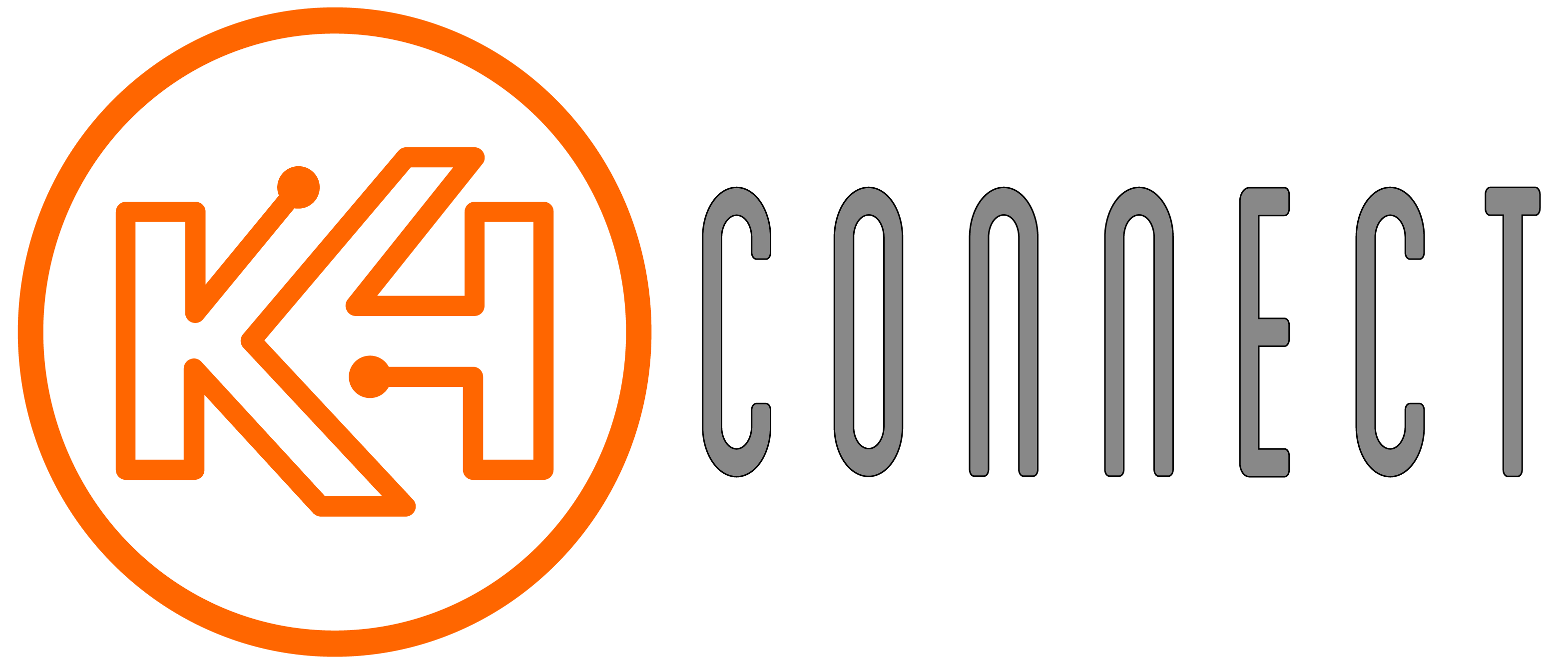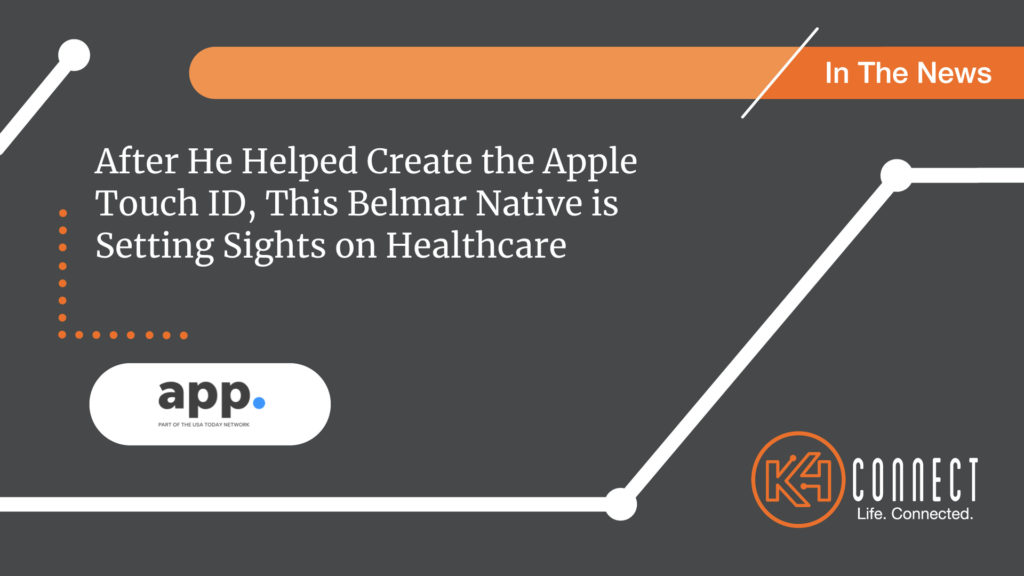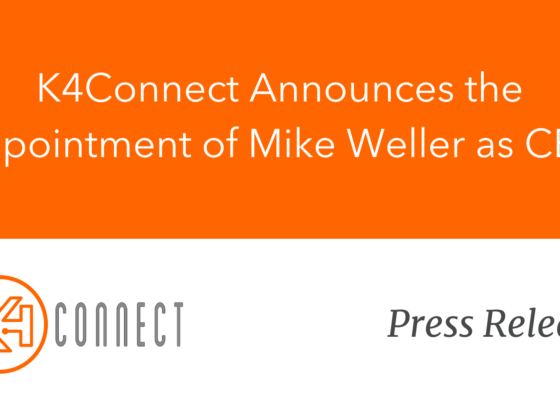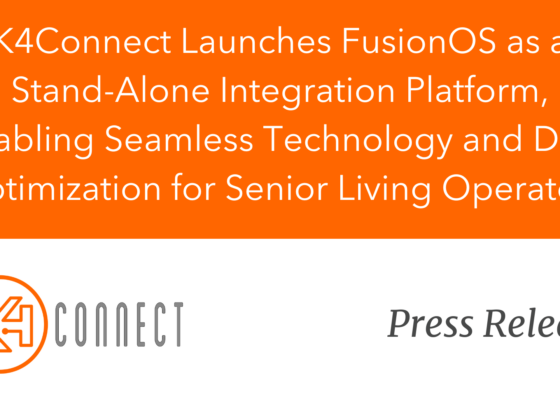Scott Moody talks about growing up at the Shore, nearly dropping out of college, leading a company that would be sold to Apple for $400 million and his bid to prove capitalism and technology can be put to use for the social good.
BELMAR — With his company sold to Apple, Scott Moody was perfectly content lying on his North Carolina couch in early retirement, when a mission trip to Rwanda shook him to his core.
He met an American there who helped battered women own and operate bakeries, and he thought he had to do more; the life of leisure could wait.
“To be honest, look man, you meet somebody like that and I was embarrassed,” Moody said. “I think I’m doing good and then you meet this person?”
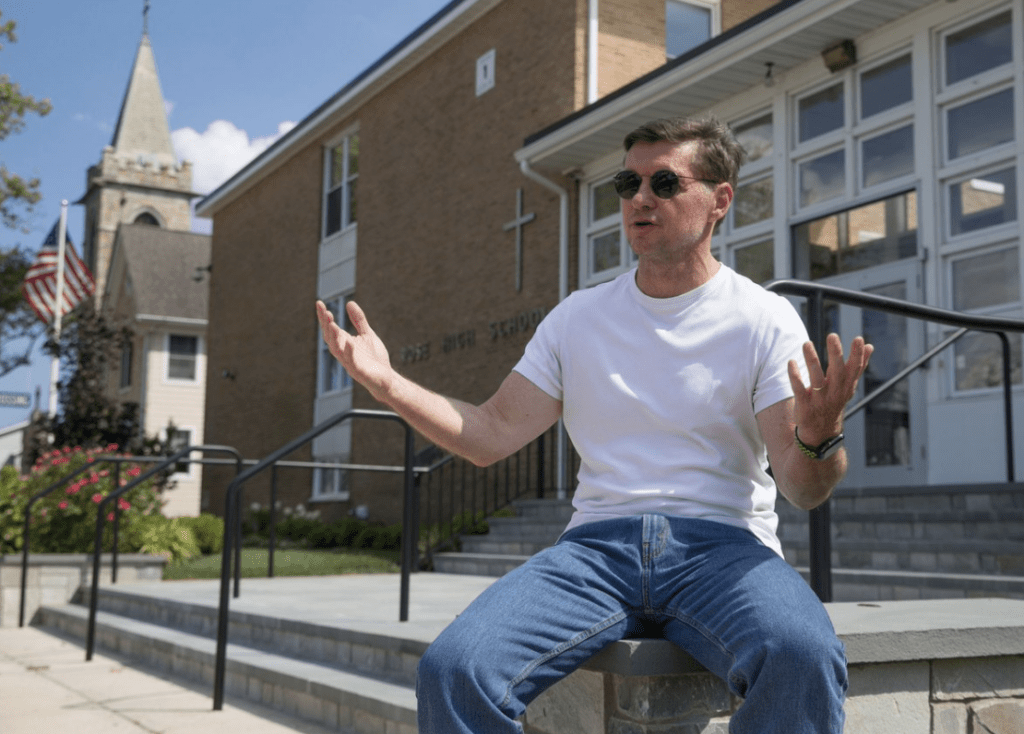
Moody has helped start K4Connect, a Raleigh, North Carolina-based company that has developed technology for seniors to, among other things, connect with friends and family, keep track of their blood pressure, control the thermostat all from a computer screen.
It marks the next stage for Moody, a Jersey Shore native who graduated from St. Rose High School in Belmar and went on to help create the Touch ID feature on Apple iPhones.
And it lands the business in the middle of a question that corporate America is struggling with: Can capitalism be a force for social good? Moody thinks so. He was willing to lose all of his money creating K4Connect. But it doesn’t look like he’ll have to. His new company has raised $27 million in venture capital.
The company is banking on a growing market. The giant Baby Boomer generation born between 1946 and 1964 is retiring and is ripe for technology that can help them remain independent.
K4Connect has taken innovations that have largely been developed separately — say, health and social networking and controlling the things in your home — and combined them into one product.
It wasn’t an easy solution; the company has 25 patents, Moody said.
The catch: Unlike millennials, Baby Boomers didn’t grow up in the digital age, so their technical skills can vary, said Robert Rosati, chairman of the Connected Health Institute for the VNA Health Group based in Holmdel.
Some navigate Facebook with ease. Others need help finding the app store.
“What they’re trying to address here is the whole idea of social isolation, to be more engaged and part of the community,” Rosati said after looking at K4Connect’s technology. “I think they’re on the right path, for sure.”
K4Connect is found in more than 100 senior living communities nationwide with a total of 22,000 members.
Among them is Neptune-based United Methodist Communities, which operates four senior communities in New Jersey and began using the platform in January.
Not only can its residents find out what activities are on the schedule or turn off the apartment lights, but also its staff can better monitor them, said Larry Carlson, president and chief executive officer.”It’s going to take some time for all of us to get accustomed to it, but I think it’s a great idea,” said Harriet Muir, 82, who lives with her husband, Bob, at United Methodist’s Bristol Glen community in Newton, Sussex County.
Moody, 62, lives in Raleigh with his wife, Katherine. They have three adult daughters, Kelsey, Kristin and Kourtney. And their initials formed the name K4Connect.
Moody met for an hour recently with the Asbury Park Press and USA TODAY NETWORK New Jersey at the Stay Gold & Lounge in Belmar. It was steps away from St. Rose, where Moody remembers hitchhiking so that he didn’t have to get up early to catch the bus.
He talked about growing up at the Shore, nearly dropping out of college, leading a company that would be sold to Apple for $400 million and his bid to prove capitalism and technology can be put to use for the social good.
Here are the highlights:
1. Tough times.
Moody’s father was a typewriter salesman who ran into financial trouble and eventually opened the Time Out Tavern in Lake Como. (It became Paddy McDonald’s Ale House before being demolished for single-family homes.)
Moody chipped in, working as a caddie at Spring Lake Country Club and helping at Acme.
“I don’t regret it,” Moody said. “I had super great parents. They just ran into hard financial times. It gave me a good work ethic. I’m not particularly bright, but I work really hard. And I’m not being modest. I have actually the college grades to (prove it).”
2. Back to Acme?
Moody went to North Carolina State University, where he had family nearby. He eventually studied industrial and systems engineering, but during his freshman year, he called his dad and said he wanted to drop out.
“He said, ‘Scott, just do what you can to graduate, I’ll try to help you,'” Moody said. “But he said, ‘If you get a degree and you decide to work at Acme, you can do that. But if you do that and three years from now you decide to do something else, you can’t look at me.'”
“I thought if this is that important to him, it should be more important to me,” Moody said.
“I ended up staying in school.”
3. Yes, that Touch ID
Moody moved to Melbourne, Florida, to take a job at Harris Semiconductor, where he eventually shepherded a project to make a fingerprint sensor out of silicon.
He and his group eventually spun off and called the new company AuthenTec. The company went public in 2007. It continued to invest in research and development during the recession. And it was sold to Apple in 2012 for $356 million.
Apple used the product to create Touch ID for its smart phones. And Moody, then 55, was ready to retire.
“I was burnt out, I was crisped, swore I would never work again, double swore I would particularly not do a start up,” he said. “It’s so much work.”
4. Back to work
When Moody returned from his trip to Rwanda, he met Johnathon Gould, who was trying to develop a system that could integrate technology that had different applications.
Soon after, Moody met Eric Braun, an advocate for the homeless who lived with a disability that gave him a unique perspective: He only had so many good steps in a given day; how would he use them?
Moody and Gould thought their technology could help. Moody returned home and told his wife about it, raising the possibility that he would spend all of their money bringing it to market.
“I don’t think God called us to spend 20 percent of our wealth and if it didn’t work out, go back to a happy retirement,” he said. “I’m going to go all in, I’m going to lose all our money and I’m going to have to get a regular job.”
“Katherine is unbelievably supportive,” he said. “A much nicer and better person than I am. So we went forward. It turns out it’s an exceedingly big market, it’s completely under-served by technology and we subsequently raised $27 million from (investors).”
5. The bottom line
How do you square Wall Street’s thirst for profits with Moody’s goal?
Moody is putting it to the test.
“I do think the purpose of any business is to serve others,” he said. “And If you do that well in our capitalist society there is benefit associated with that financially. But it’s not just to make money. Honestly, that’s not always how people look at it.”
